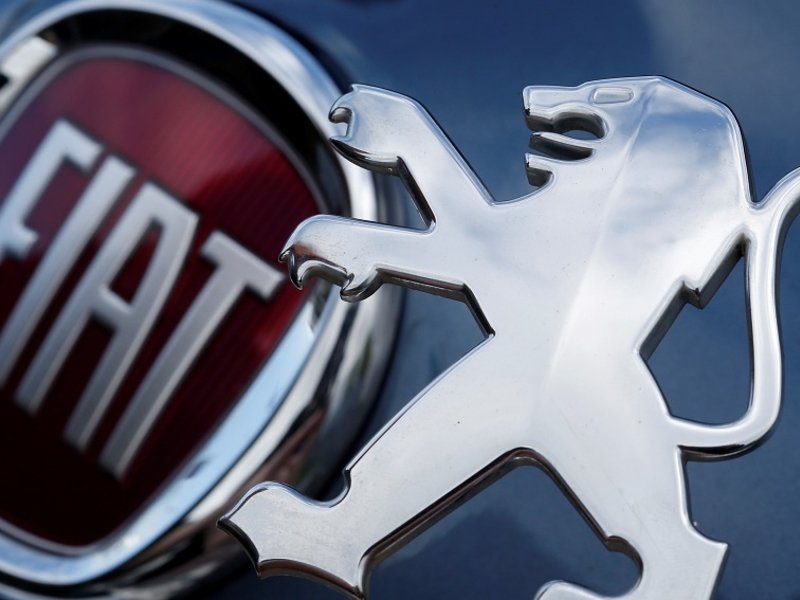
Fiat Chrysler Automobiles and PSA Group are likely headed for a lengthier probe of their merger after failing to offer early concessions in exchange for an expedited process.
Executives don’t expect speedy approval of the deal and believe the European Commission is likely to open a so-called phase two investigation that would push the deadline out to October, according to people familiar with the matter. The current target to complete the merger is during the first quarter of next year.
Representatives for Fiat and Peugeot owner PSA declined to comment.
Antitrust is a difficult obstacle for European companies seeking to buy or combine with rivals. The European Union’s authority has frequently demanded the sale of overlapping businesses to prevent the merged entity from becoming too powerful and has been unafraid of wielding its ultimate threat to veto deals, such as Siemens AG and Alstom SA’s plan to merge into a European rail behemoth.
Fiat and PSA didn’t take a chance to try to settle antitrust concerns with an early-stage offer that had to be submitted by Wednesday. The EU has a June 17 deadline to clear the deal unconditionally or open the extended investigation.
The companies agreed in December to create the world’s fourth-biggest automaker. They have so far kept the deal afloat through the course of the coronavirus pandemic’s immense disruption to auto factories and dealerships around the globe.
Longer probes can be beneficial by allowing companies to argue for fewer concessions, or to hammer out more complicated divestments or changes to licensing or distribution. The EU often only accepts a clear-cut sale as a quicker solution to its concerns.
In the case of the Fiat-PSA deal, it’s unclear how the EU will take into account plummeting auto demand in the region due to the coronavirus pandemic. Regulators often try to forecast the companies’ future sales as they try to see how a deal might harm rivals, suppliers and customers.
“Regulatory approval of Fiat Chrysler-Peugeot’s tie-up is still likely, given potential antitrust concerns are small compared with the deal’s size,” Bloomberg Intelligence analyst Aitor Ortiz said in a note. “They may be addressed with remedies. These concerns should send the deal to a phase-two review.”
Fiat and PSA’s most problematic overlaps may be in mini cars and sub-compact sports utility vehicles, where their combined market share could reach about 65 percent, Ortiz said. Based on EU data from the Peugeot-Opel deal in 2017, they are likely to have sufficient competition in most passenger-car segments from Volkswagen Group, Renault and Nissan Motor Co.
Reuters reported that the companies were told their combined high market share in small vans was a worry for competition enforcers.
Reuters contributed to this report.